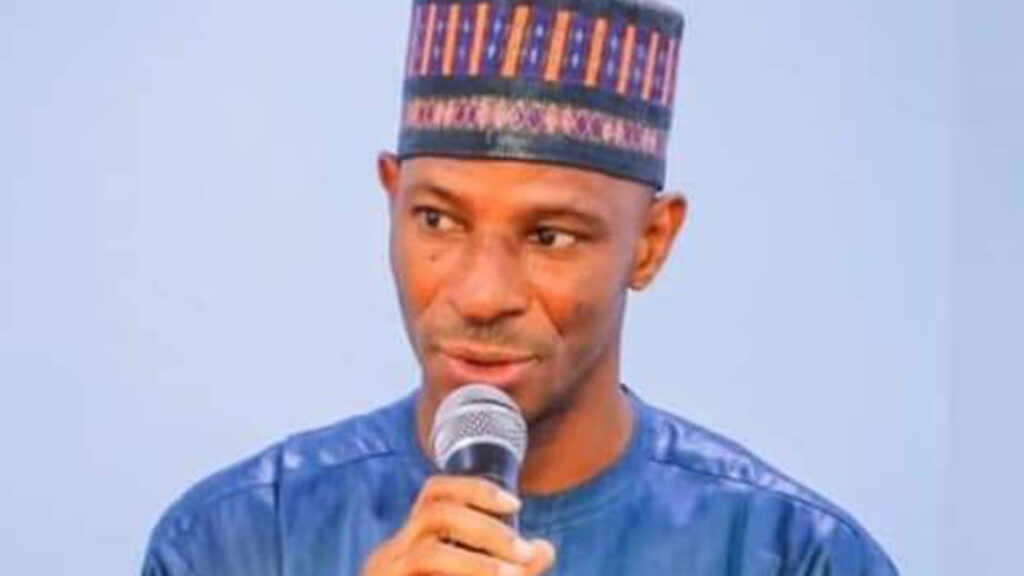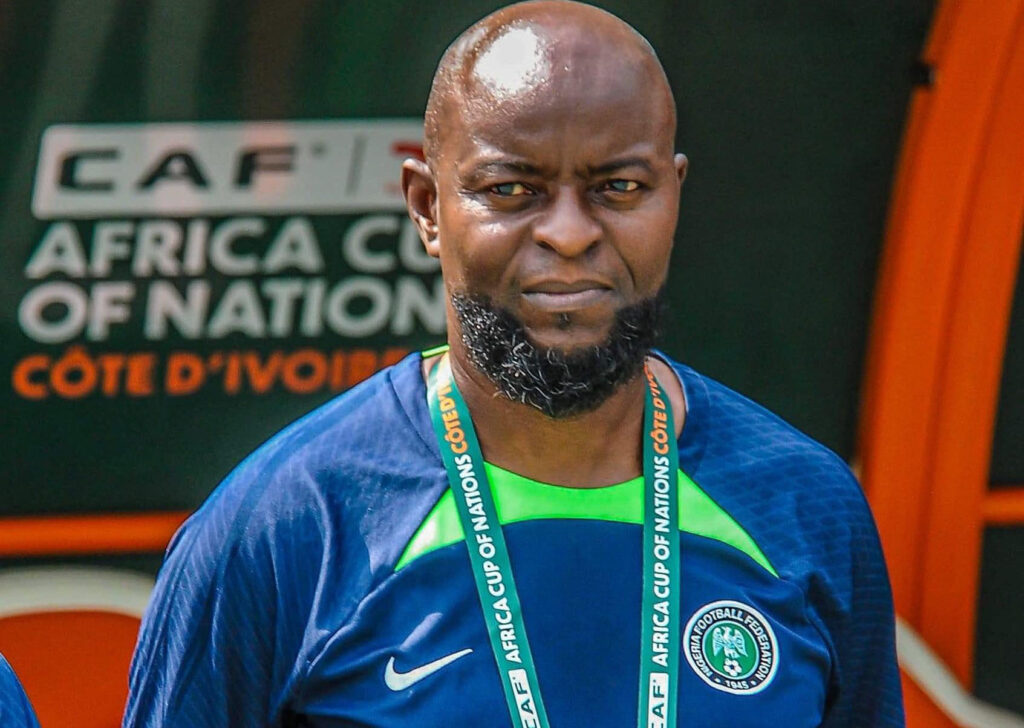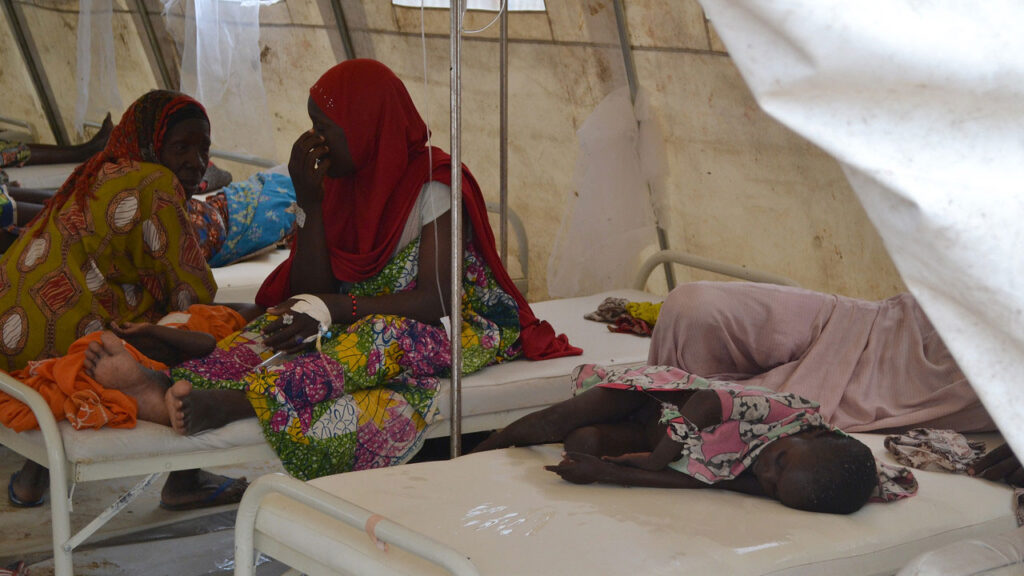
But the government cannot be commended for merely responding to the findings of a courageous investigative journalist. With all the resources at its disposal, the Nigerian government can be said to have failed in its duty to be on top of the situation. So, the excuse by Federal Ministry of Education spokesperson, Mrs. Augustina Obilor-Duru that ‘institutions that exist on paper or operate in clandestine manner outside the control of regulators is a global problem’ is not tenable. A well governed Nigeria should not be part of a dishonorable global crowd.
Suspect degrees awarded by dubious institutions here and abroad are matters of a not so recent history. For years, foreign and local institutions of trustless standing have preyed upon Nigerians’ desperate desire for degrees of one type or other to award dubious certificates -including doctorate- either on their campuses or, for those who can pick up the bill, at hotels in Nigeria. Indeed, every once in a while, the Federal Government has had cause to issue warnings to or even shut such illegal institutions, besides advising their gullible youths to avoid them.
It is a good step that the government will investigate the matter, in addition to what promises as an internal administrative process to determine the possible connivance of its officials. For the sake of its own credibility, let these measures be not only taken, but seen to be thorough. But the problem may not go away soon because of at least two reasons. First, Nigeria is a certificate-conscious society, excessively, it may be said. Far more weight than is reasonable is given to credential than to competence, capacity, and capability. This creates a situation that desperate young people are open to exploitation by opportunistic institutions of dubious standing.
Second, a dominant value of self-aggrandisement is abound in this environment. In this vanity-driven society, too many ordinary people seek a validation of wished status and stature by academic certification. Title-loving Nigerians are known to lay claim to doctorate degrees they never earned; many who receive honorary doctorate degrees from fund-starved universities prefix their names, inappropriately, with Dr.; some pay for dubious foreign institutions to fly into the country and award them the desired degree.
Fake academics also abound in Nigeria –and elsewhere too. In 2019, the National Universities Commission (NUC) said in a widely reported claim, that fake professors teach in many Nigerian universities. There are reports of fake PhD holders who plagiarise the honest, hard research work of others.
As far back as June 2017, the NUC listed in a paid advertisement, 57 ‘illegal universities’ that it closed down in Nigeria. Besides, eight other ‘degree mills’ were said to be ‘under investigation’. They were accused of ‘violating the Education (National Minimum Standards, etc.) Act CP E3 Law of the Federation of Nigeria, 2004’. It went on to warn parents, guardians, and prospective students that ‘certificates obtained from these sources will not be recognised for the purpose of NYSC, employment, and further studies’.
Credentialism, defined as ‘the insistence and overemphasis on academic or educational qualifications …as evidence of an individuals’ qualification …for job and for promotion’ is in this country, an obstacle instead of an aid to development. Alas, credentialism reigns supreme in this clime.
Of course, it is good to seek to be certified by -it must be emphasized- a credible, duly authorised institution. A certificate awarded for learning, character and competence is, in principle, a good achievement. Certificate, it is said, does open doors to opportunities. But it will not keep a man in the job unless he can perform the task required. That demands competence. A certificate acquired under false pretences (be it from a ‘degree mill’ or by a short-cut process from a recognised institution) will eventually expose the fraudster while on the job. Alas, in a corrupt society, the least competent, certificated or not, is rewarded with better jobs and hired positions.
A second reason Nigerians seek degrees from any source is that there are not enough respectable –meaning evaluated and accredited –institutions. And the effort of the regulatory authority to check the proliferation of degree mills is so far unsuccessful. More and better higher institutions need to be established. Sadly, if only the budgetary allocation to education is a measure, it is no exaggeration to say that governments in Nigeria in recent times are anti-education – at least for the citizens.
There exists for years, a National Policy on Education that reasonably articulates the goal, the objectives and the procedure to make education in Nigeria serve human and national good. It remains only as effective as the paper on which it is written. Besides the constitutional injunction that ‘Government shall…as and when practicable provide …free university education (S.18 (3) (c) the NPE (2013) aims that tertiary education in general should ‘contribute to national development through high level manpower training’ and university education ‘shall make optimum contribution to national development’ through a four-pronged strategy spelt out in section 86 (A)(a-d) of the document.
In what can only be described as unconscionable contempt for the crucial sector, the 2024 Federal Government’s proposed N27.5 trillion budget allocated N1.54 trillion or 6.39 per cent to education. This is far below the UNESCO recommendation of between 15 and 20 per cent for nations that genuinely seek to develop.
One consequence of this ‘anti-education’ attitude of the government is to drive certificate hungry Nigerians into the arms of charlatans who offer degrees and indeed any other type of certificate for a short, inadequate course of study, or even for an outright fee. An online news platform reported in 2018 that two million applicants applied for admission for only 750,000 places in Nigeria’s higher institutions. It added that in the previous year, (2017) ‘about 380,000 domestic university applicants did not get a place’. The situation reflects what management expert Peter Drucker is quoted to say in another clime that ‘our education system disqualifies people for honest work’.
Since the online report, many more universities have been established even in the face of concern by quality-minded persons about the paucity of qualified teachers. Nonetheless, obviously, more places are now available for what may be an even lower number of applicants. The total application for admission into tertiary institutions in 2023 was reportedly 1,595,779 in 2023.
There remains, undeniably, a gap in the availability of quality institutions in this country. The gap (and the market it creates) is filled by all sorts of institutions here and abroad; their advertisements for applications appear regularly in the media. Essentially, it is, for many of them, all about the money. And huge sums in the form of school fees and sundry payments drain out of this economy into other countries. With an attitude that defies common sense, it seems that the perennially foreign-loan seeking federal government can’t be bothered by how much can be saved for development if only the right things are done.
The investigative journalist who brought this matter to public attention (he earned his degree in six weeks instead of about 208 weeks under normal conditions) is said to have enrolled in the National Youth Service Corps Scheme (NYSC). How can? The NYSC Act in Section 4 requires the organisation to ‘…maintain regular contacts with all universities, polytechnics, and colleges in Nigeria and abroad, where applicable’. Does the body scrutinise the credentials of its prospective enrollees thoroughly enough? It is arguable then that many who should not be enrolled have added to the bloated number of participants, and the overall cost of the scheme each year. The management of the NYSC needs to be more thorough in its work.
In sum, the shortage of opportunities, combined with increasing cost of higher education create a demand pressure that forces Nigerians into the arms of institutions with dubious motives and doubtful integrity.
Governments at all levels in this country must first, get their priorities right and second, put their acts together and take the education of the citizens far more seriously. To adapt from one U.S. Admiral Rickover, education is a country’s first line of defence and the country must ensure it is strong. No development is possible with an ill-educated citizenry. None.












